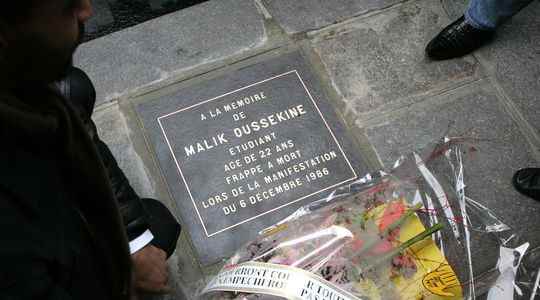Over the past three years, three levels of dread will have been reached. The disease, ancient terror, against which, in the cacophony, the different countries will have had the reflex to defend themselves, and find remedies, but delaying. There will have been the war which will have threatened humanity with massive destruction, but here again, the heroic reaction of the attacked peoples does not guarantee the final victory over neo-Stalinism. This morning, listening to the weather report on the radio, I feel the other anxiety, that of the climatic scourge, and the arrival of Mrs. Ecolo at the head of the government seems derisory. I noticed at the same time the criss-crossing of white aeronautical trails in the sky, the traffic resumed as in 14. Dora flies away in two hours for Beirut. It seems that the devil and the good Lord are playing paper-pebble-well-scissors with the misfortunes of the world.
I finished reading Anne Akrich’s text, women’s sex (Gallimard). It is a pamphlet that is not made to reassure us. But, perhaps to show that she has a sense of humor and therefore remains a social person, she likes to paint a picture of what can be said and what cannot be said. Examples:
A woman doesn’t say, “I love fucking, I could spend my life sucking bundles of cocks,” she says, “I get voluptuous sometimes when I have strong feelings for someone.”
A woman also does not say: “I want a child no matter what because my fertility is declining day by day”, she says: “I never wanted to have a child before knowing you. ”
A man doesn’t say, “I’m sorry,” he says, “You deserved it.”
He also doesn’t say, “I missed you so much”, but “I knew you were waiting for me.”
You will laugh less with the rest of the book. When I say you, it’s you women, you men, even trans people take it all in. It’s not a sociological book, or so inadvertently. And when the words go beyond her thoughts, with a pirouette, she becomes a woman of letters again.
Eye-catching memories
Are today’s women as rebellious as the Arabs of the 1980s? To find out, I subscribed to Disney+ to watch the mini-series Oussekine, by Antoine Chevrollier. I will go see the movie Our Brothers, directed on the same subject by Rachid Bouchareb, screened at the Cannes Film Festival (official selection) as I did with the two biopics on Yves Saint-Laurent. Just to taste the unreason of comparisons.
Chevrollier’s series raises the question of tears in cinema: where to put them, how to hide them, wipe them away discreetly? Movie theaters are so empty these days that it’s not too much of a problem, but from there to getting out my handkerchief, I have my pride.
With age, I have become more sentimental. Not just in the movies. There are certain memories, in the dinners, that I can no longer evoke without it stinging my eyes, and sometimes it sinks. The facts are the same, though, and most of the guests know them, for I am rambling, but the name Neuengamme is getting harder and harder to slip down my throat. The supposed wisdom of old age should help me put things into perspective: “All that’s in the past!” Am I holding alcohol less well? In any case, it’s embarrassing, it’s even inappropriate, because tears in no way guarantee the quality of a work, but in the case of this series on Malik Oussekine, they would even tend to depreciate it as their authors have abused their power. Because it is. The talent to make people laugh and to make them cry can even exert a form of censorship or inhibition of the critical sense. The melodrama is the opium of the spectators.
Between Antoine Chevrollier’s film and Anne Akrich’s text, we have a choice: be indignant at so much injustice or wonder about women’s sex.
